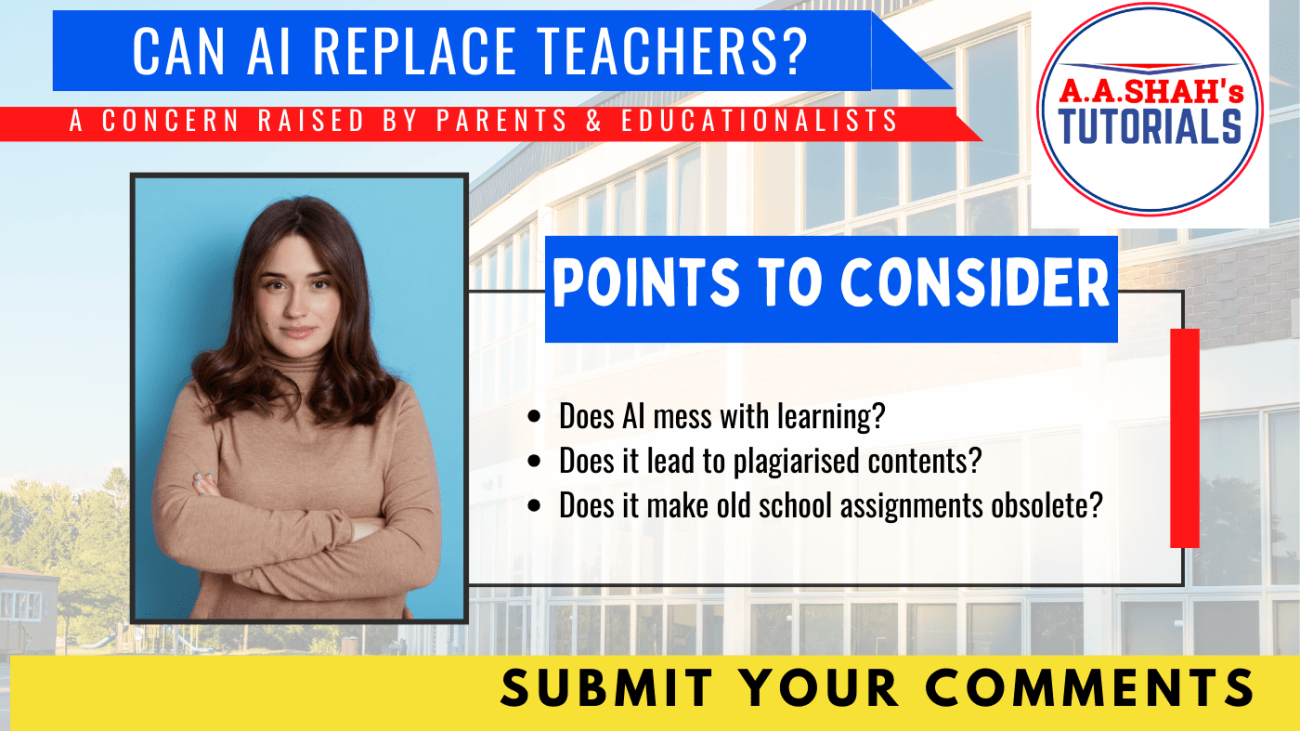The use of AI by students has sparked various concerns among parents and educationalists. Some of the key concerns include:
- Dependence on AI: There’s worry that students might become overly reliant on AI tools for their learning, potentially diminishing critical thinking skills and creativity. Relying too much on AI could lead to a passive approach to learning rather than active engagement.
- Privacy and Data Security: Parents and educators are concerned about the privacy of students’ data when using AI-powered educational tools. There’s apprehension about how companies might use or misuse this data, as well as the potential for breaches that could compromise sensitive information.
- Equity and Access: There are concerns regarding the equitable access to AI-powered educational resources. Not all students may have access to the necessary technology or internet connectivity required for utilizing AI tools, potentially exacerbating educational disparities.
- Bias and Fairness: AI systems can inherit biases present in their training data or algorithms. There’s concern that AI-powered educational tools might perpetuate or even exacerbate existing biases in education, such as gender, racial, or socioeconomic biases.
- Loss of Human Interaction: Some worry that increased use of AI in education could lead to a reduction in human-to-human interaction, which is crucial for social and emotional development. This could affect students’ ability to collaborate, communicate effectively, and develop interpersonal skills.
- Ethical Considerations: The use of AI raises ethical questions, such as whether AI should be making decisions about students’ learning paths or evaluating their performance. There’s also concern about the potential for AI to replace human teachers entirely, raising questions about the role of educators in the future of education.
- Lack of Regulation and Oversight: Given the rapid development of AI technologies in education, there’s a concern about the lack of comprehensive regulation and oversight. This raises questions about who is responsible for ensuring the ethical use of AI in educational settings and protecting students’ interests.
Addressing these concerns requires collaboration between educators, policymakers, technologists, and parents to develop guidelines, regulations, and best practices that ensure the responsible and ethical use of AI in education while maximizing its benefits for students’ learning and development.

